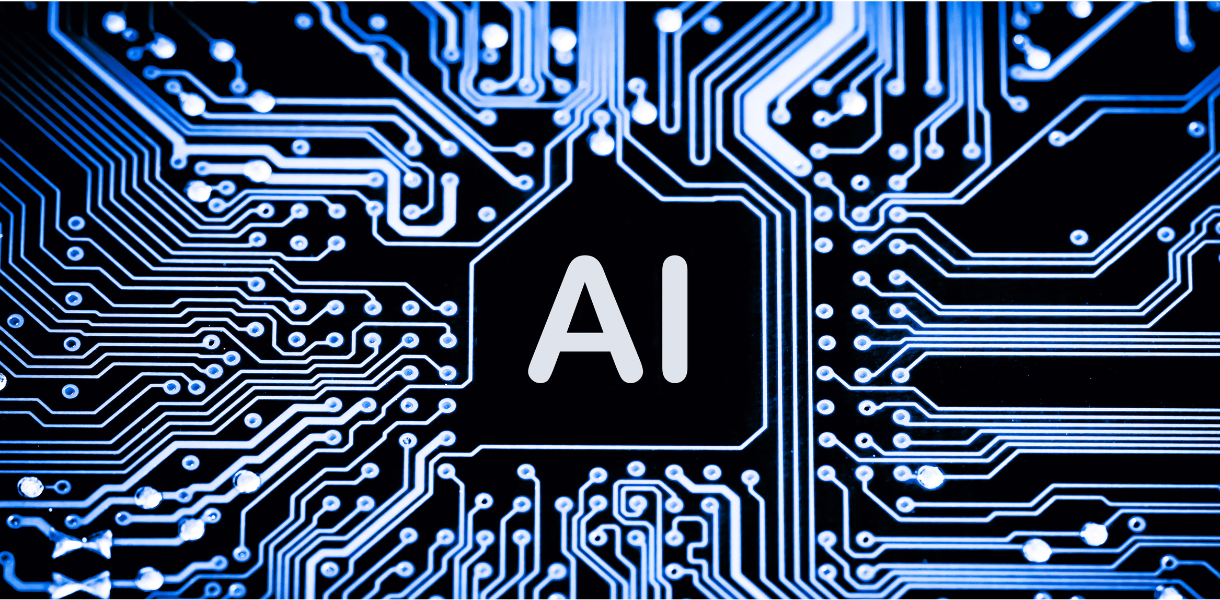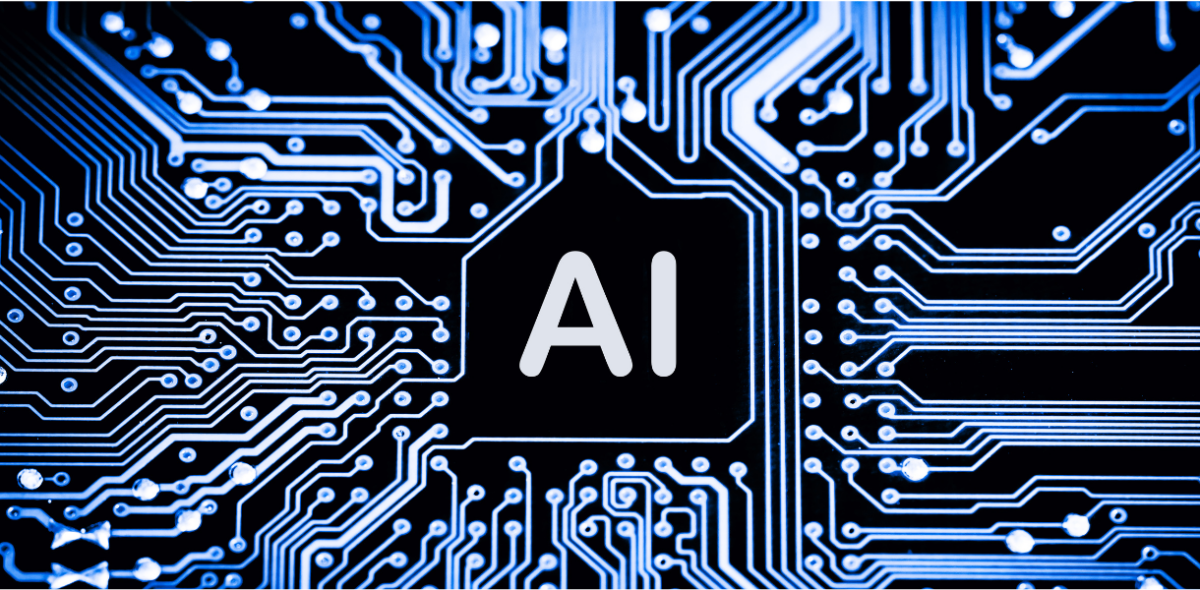
As a mission driven digital research library, Zendy is committed to helping reduce inequality in access to academic literature for audiences worldwide. We are committed to taking an ethically driven approach in the design, development, deployment, and use of our AI-based solutions. We prioritise the responsible and ethical use of AI, ensuring we address and minimise any potential negative impacts, whether societal or environmental. Our commitment centres around placing human values at the core of our responsible AI practices.
By working closely in partnership with publishers and data providers to create an affordable and accessible route to peer reviewed content, we aim to even the playing field of global research, enabling students and researchers from underserved markets to participate in the global academic and policy dialogue and to contribute to identifying solutions to our planet’s major challenges.
We believe that AI has an important role to play in fostering a fairer research and publishing ecosystem. By leveraging AI, we can offer a range of innovative solutions to facilitate access to content and to make the search journey quicker and more efficient, thereby supporting researchers’ needs irrespective of funding or location.
Whilst AI has the potential to transform research and education, Zendy acknowledges that it also raises ethical concerns around issues such as bias, privacy, and accountability. In response to these concerns and to the growing discussion around AI, we have formulated a list of AI imperatives to guide Zendy’s strategy for the development and integration of AI technologies into our products.
Zendy’s AI Imperatives:
- AI in service of a better world
In line with our mission to reduce inequality in research and publishing, we believe AI can help to positively impact society by facilitating access to and use of scientific content. Our portfolio of AI solutions and our ongoing development work reflects this ethos, with a focus on solutions designed to support our users in their search for quality, reliable data.
As a signatory to the UN’s Global Publishing Compact, and working hand in hand with our partners, we aim to offer a more enriched, personalised learning and discovery environment for all users globally, with AI very much in service of a better world.
- Openness, trust and transparency
Zendy embraces transparency in AI, committing to clear communication about how our AI systems work, the data they use, and the decision-making processes they employ.
We explain our use of AI tools, defining them in terms of their abilities and limitations. We clarify how they fit into our platform’s ecosystem and how users can make the most of them. If the tool makes use of partner copyrighted data, as per licensed agreements, we put in place limitations and clear safeguards on that use.
We recognise the need for openness, trust and transparency across all our activities to foster trust with our partners and clients, and we are always open to feedback.
- Personal privacy, regulation and data governance
Zendy is a committed advocate of personal privacy. As we continue to develop new solutions and acquire larger data sets, we safeguard the personal information which is shared with us by implementing robust security policies and procedures to secure our systems. We also ensure that data is collected, reproduced, and protected in a compliant and appropriate manner in accordance with applicable privacy laws and regulations.
Zendy’s AI systems prioritise data privacy and security by adhering to the General Data Protection Regulation (GDPR) and implementing practices like differential privacy when necessary.
We proactively follow our own internal governance policies as well as external regulations to ensure our AI development is aligned with sustainable practices, including national and international guidelines on AI privacy and ethics.
- Equity, unfair bias and data integrity
Fairness and equity are at the heart of Zendy’s mission to help create a better world. As we develop and implement new AI tools and solutions, we put in place procedures to ensure reliability and carry out extensive review. We recognise that biases and hallucinations present challenges in machine learning models, similarly to their presence in human cognition.
To minimise these challenges, Zendy AI uses high-quality, accurate data, avoiding harmful or biases data sets. We also implement state-of-the-art techniques, including prevention and mitigation mechanisms like “chain-of-verification” and “counterfactual reasoning”, which are integrated into our models.
- Human oversight and accountability
We believe human oversight is key to the successful development and deployment of reliable and ethical AI-powered solutions. We maintain human oversight of the development of our AI tools and their output from design to deployment to ensure reliability and quality.
We routinely conduct evaluation benchmarks on our models to assess their tendency to reproduce falsehoods and biases, as well as to measure their accuracy. This ongoing evaluation process enables us to continually enhance and refine our models.
We are fully accountable for our tools. We apply a systematic risk management approach to each phase of the AI system lifecycle and adopt responsible business practices to address risks related to AI.
Sustainable AI
At Zendy, promoting responsible innovation is at the heart of our mission. We work to ensure that our development and use of AI solutions contributes positively to society and the environment and considers the long-term impact of technology on the world.
In line with the tenets of ethical AI, we deploy our technologies in a manner that adheres to responsible and ethical principles. We strive to maximise their long-term sustainability for our stakeholders and the field of research more broadly.
- Zendy is proud to be mission led with social impact at the heart of our values. Together with our stakeholders, we aim to leverage AI to contribute to solving global challenges such as the right to quality education and reducing inequalities.
- We believe in a fair and sustainable approach to using data which is licensed to Zendy for use by our AI systems. We do not train our AI systems on publisher data, instead using a technique called Retrieval Augmented Generation. We offer full referencing and compensation to publishers for use of their content.
- We commit to supporting Green AI and to minimising the environmental impact of AI research and operations by prioritising the development of energy-efficient models.
- We believe in fair, inclusive and equitable access to AI. Our AI tools are geared towards supporting all human learning as humans adapt to continuing AI advancements.
